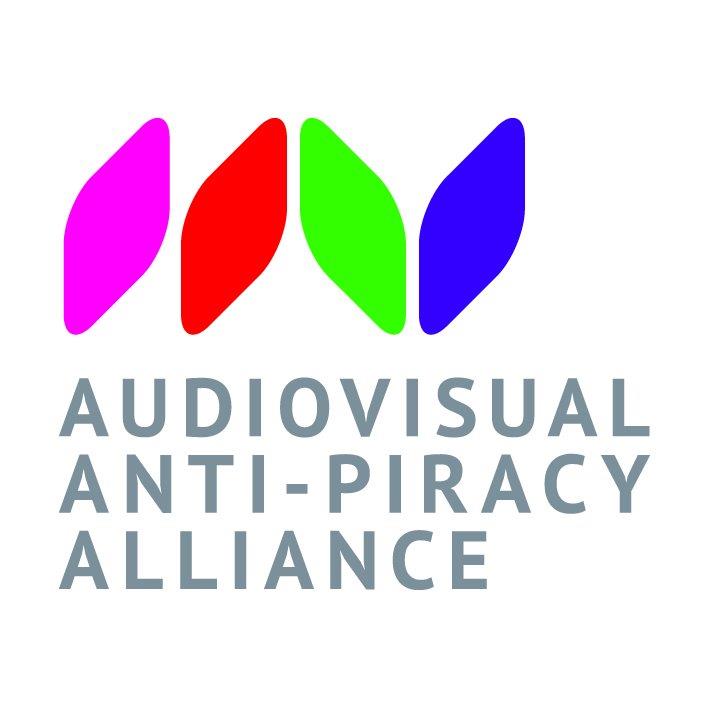The AAPA expresses strong concerns after the adoption of the report of the European Parliament on the Digital Services Act (DSA)
24th January 2022

The Audiovisual Anti-Piracy Alliance ( AAPA ) is deeply concerned and disappointed about the European Parliament (EP) report on the Digital Services Act (DSA) which was adopted last week. The final position of the EP fails to address audiovisual piracy as one of its core issues, despite several MEPs supporting important amendments. Furthermore, the EP position represents a dangerous step back which would have strong detrimental effects on the whole audiovisual industry if it was adopted by co-legislators. Through the adoption of this position, the EP undermines the current legislative framework, while an increasing number of Member States are striving to develop and implement effective tools to fight audiovisual piracy.
More specifically, the introduction of a “stay-up principle” in article 14(3)a is totally unacceptable and would prolong audiovisual piracy in Europe. Indeed, the text provides that notified content shall remain accessible while its legality is being assessed by providers of hosting services. This new provision will inevitably lead to a longer retention of illegal content online and will thus be extremely harmful across the entire audiovisual value chain . It also negates the effectiveness of dynamic blocking injunctions which are becoming more widely used throughout the EU.
The AAPA also deeply regrets that the EP has missed the opportunity, by one vote, to extend the traceability requirements for professionals to all intermediaries (Article 22). Indeed, it is of utmost importance that this obligation applies to all digital services, regardless of their active or passive nature, by making it mandatory to collect data and verify the identity of professional clients who wish to use their services.
Despite these worrying developments, the AAPA and its members stand ready to partner with like-minded players and engage with the EU and national policymakers during the trilogue negotiations to reverse course. The coming months represent a final opportunity to ensure that the DSA does not represent a missed opportunity, (let alone a dangerous step back) and achieve its core priority, i.e. – using Commissioner Breton’s own words – to ensure that “what is illegal offline, is illegal online”.
About AAPA
The Audiovisual Anti-Piracy Alliance ( AAPA ) represents 30 companies involved in the provision of protected audiovisual services, security technology for protecting such services and the manufacturing of products which facilitate the delivery of these services. Our membership is geographically diverse with companies from Europe, the Middle East, Russia and America, and includes the whole audiovisual value chain, such as rightsholders, platform operators, telecommunication companies, OTT providers, broadcasters and technical service providers. Many of our members are global businesses.
Our aim is to tackle piracy, particularly pertaining to the development, promotion, distribution, application or use of technologies aimed at allowing illegal access to content. Members are facing a concerning growth in volume of unauthorised use of protected audiovisual content. Within AAPA, they coordinate intelligence and action through effective dialogue and interaction with other stakeholders and law enforcement.











